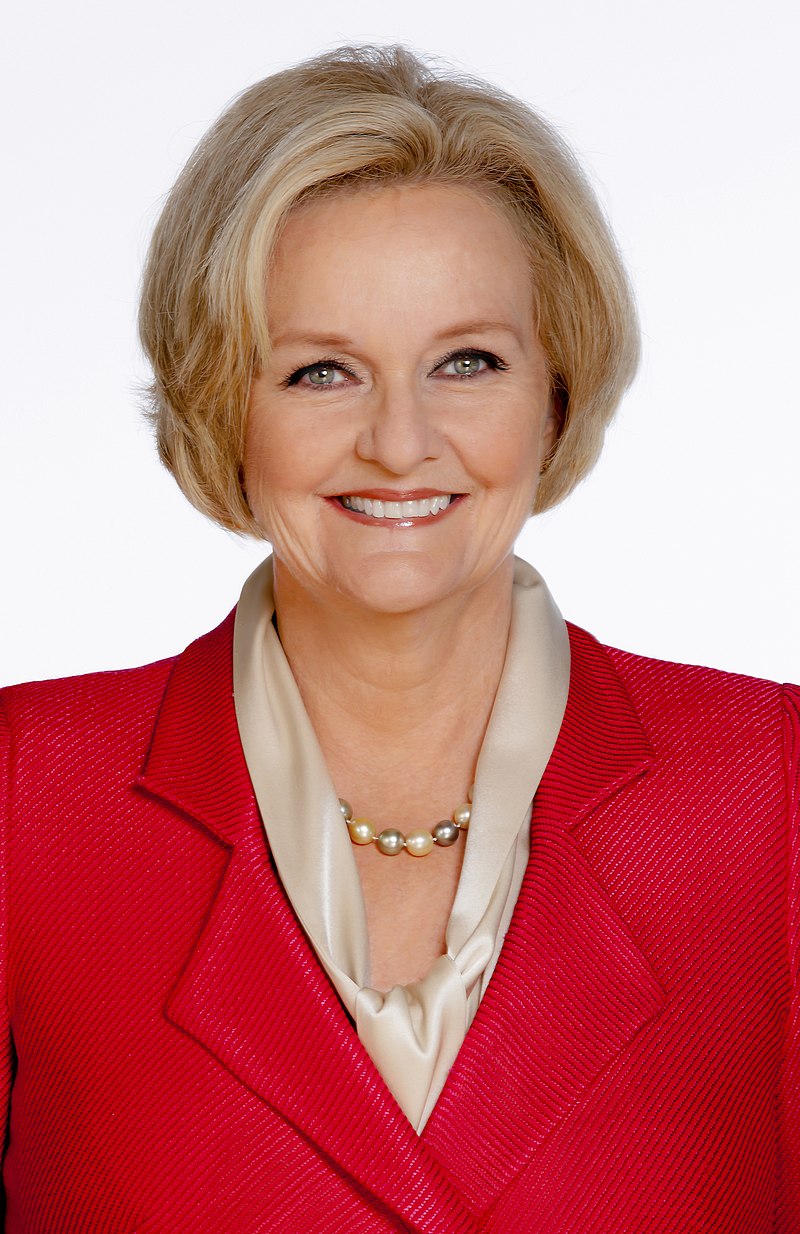Ethics and Aesthetics are Not the Same Thing: USA Electoral Politics, July 2019
Photo taken from wikipedia, originally taken by Rob Young.
Just to start things off transparently: this is a post about electoral politics, and while I know it's going to torpedo my SEO, I'm going to follow Dr. Elizabeth Sandifer's lead from her essay “Theses on a President” from Neoreaction a Basilisk, and not refer to the sitting president by name. He wants to hear his name, and I'm not interested in giving him what he wants.
Photo from Willamette Week, depicting a Three Percenter vaping at a rally in Portland. While the current situation in Oregon almost went much worse, it is possible that the situation in that state is a suggestion of things to come.
We live at a precarious moment in the history of the United States of America, best summed up by the fact that Robert Evans is launching a podcast with the people from Even More News about the upcoming election called The Worst Year Ever, and I can't really find a problem with the title. I would not say that I have a hope that electoral politics can fix our situation, but I would say that I wish that it will – and I intend to take steps to make that wish a reality.
It's been written that there are four boxes to make use of in the defense of liberty: soap, ballot, jury, and ammunition, and that it is best to use them in that order. Today I'm hoping to make use of the first of those boxes, as well as some of the tools that Edgar and I have laid out in these brief essays.
Much of the trouble we have is that, in the USA, we confuse aesthetics and ethics. We talk about optics but issues of right and wrong have been co-opted by one side of the debate – the one that's putting children in cages, so clearly we've got some issues there. It seems to me that the party in opposition – the Democrats – could be doing more to interrupt the political will of the Republicans.
Photo of Claire McCaskill, taken during the 113th Congress.
I have to wonder why former Missouri Senator Claire McCaskill and presidential candidate Amy Klobuchar voted so often to confirm candidates put forward by the party in power, for example. I understand that there is a great deal of power in majority control of the Legislature, alongside control of the other branches of the government, but if one's vote doesn't necessarily count, then I see no reason not to vote with your conscience. I must assume that McCaskil, Klobuchar, and others with similar records went along with these nominees because they actually believe it best to vote for them.
This brings me to an unshakeable feeling that I have about our current political moment: I think that there are elements within the DNC – the nominal if not factually left-wing party in the American government – that love the current political moment. They are living an underdog story without feeling any actual pressure, and Americans – as much as we hate underdogs – love an underdog story.
I believe that there are certain actors within the DNC that are operating on an aesthetic level but not an ethical level. These are where critiques about the current president's decorum (or lack thereof) come from. This is why we had to sit through debates featuring Joe “Nothing will change” Biden and Beto “I lost to Ted fucking Cruz” O'Rourke last week: they're trying to market under-ripe nostalgia or rockstar cool as a solution to the current problem.
Neither of these solutions will work.
Let me provide a personal anecdote that explains the same idea from a different angle: After the 2016 election, there were spontaneous protests all over the country. I'm not talking about Charlottesville or similar, though it is important to remember that a Neo-Nazi killed a young woman by driving his car into a crowd and the official response from the executive branch was that “there are good people on both sides.” I'm speaking, instead, about the protests the day after the election happened – people gathered and marched to their government buildings carrying signs and shouting. These protests continued for a while, ringed in by the militarized police apparatus that has become ubiquitous.
Hamilton, the musical, slaps. Hamilton, the man, was a monster that did everything he could to cement income inequality in early America. (Photograph taken by Mark Seliger for Rolling Stone.)
Many of the people there, especially older people, tried to get into the spirit of things. I saw one woman holding a sign that said “MR. [president elect], ALEXANDER HAMILTON WOULD BE ASHAMED OF YOU.” It was an utterly nonsensical statement, given a cursory knowledge of history, and utterly meaningless to boot.
At that point in time, the then-president-elect had – essentially – vowed to take away my health insurance, his vice president wanted to kill 50% of my LGBTQ friends (he supports conversion therapy, which has a roughly 50% suicide rate, and as I've said, a thing is what it does,) and his party was receiving tacit support from white supremacists from neo-nazis. The opinion of a man who died in a duel two hundred years ago didn't matter then and it matters less every day.
It was an appeal to cool when we needed raw nerve.
The only explanation I can think of is that the DNC derives some kind of benefit from being in this moment. They can rely on outrage for donations and to get people to show up, without having the pressure of having to try to navigate a precarious moment in our planet's history. Perhaps they did the calculus, and came to the conclusion that if we assume we're effectively dead anyway, it's beneficial to have that be seen as someone else's fault. So they're engaging in strategies that will outrage without motivating.
For example, recently, I received a survey in the mail. It was really more of a call for donations, but the DNC framed it as a survey. A large section (“SECTION III: THE REPUBLICAN AGENDA”) was dedicated to the current regime. Question 2 was about the current president, and it instructs that I should choose four of the eleven options, which include “his erratic temperament and judgment”, “his admiration of Russian President Vladimir Putin and refusal to recognize Russian meddling in our elections”, “his offensive and hateful rhetoric”, and “his dangerous rhetoric and naivete on North Korea”.
Listen, I'm not a fan of the guy, and I'm not going to defend him, but they don't mention him being a fascist anywhere, and it seems instead that they're talking about him being rude. The lack of decorum by the current president is a well-documented fact, but the DNC is making an aesthetic problem out of an ethical one, and by doing so they are ceding the moral high ground that they consider their greatest strength.
There should be two boxes on this list, with instructions to pick up to two: “he's a rapist” and “he's a fascist.”
As much as we focus on aesthetics on this blog, this is an arena where we need ethical consideration to reign. There is a place for aesthetics to participate, but it cannot take center stage here. We need to worry about who will do the right thing, not who is polite or has the best optics. As many reservations as I have about her, I thought that Kamala Harris taking Joe Biden to task for his past, and Biden's sullen response shows that he didn't watch the previous night's debate, where Tulsi Gabbard was asked about her history of social conservatism in regard to LGBTQ rights. Gabbard responded by apologizing, and saying that “I held views when I was very young that I no longer hold today,” and showing by her track record that she had a change of heart.
While I'm still weighing various options, there were a vanishingly small number of moments of authenticity during the debates. Enough, at least, that I'm not writing the whole process off just yet.
There is some hope that the next generation of politicians behave in a more responsible and effective fashion. There is hope here, but no guarantee, especially if we're not involved. In my own district, on the local level, I'm planning on voting for Maite Salazar. But if electoral politics doesn't work, I'm planning on donating to and possibly volunteering with Mutual Aid Disaster Relief and similar organizations if I can get appropriate training through some venue.
Because, after all, if can't fix things at this moment then we have a hard road ahead of us.
※
If you enjoyed reading this, consider following our writing staff on Twitter, where you can find Cameron and Edgar. Just in case you didn’t know, we also have a Facebook fan page, which you can follow if you’d like regular updates and a bookshop where you can buy the books we review and reference.




